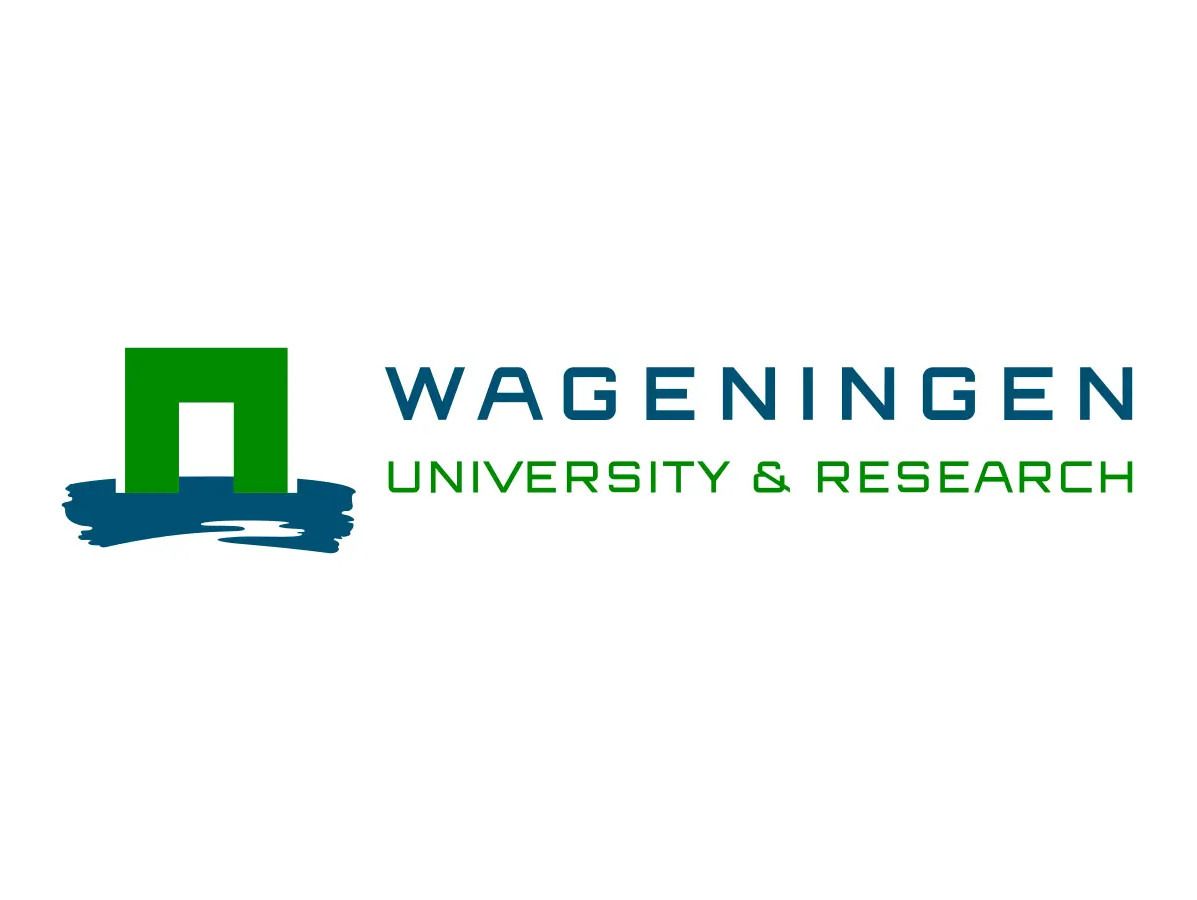
Starting March 10, Wageningen University & Research will offer a new master's course: Precision Fermentation. Over eight weeks, students will learn how to use microorganisms and cells to produce functional proteins for food, such as animal-free cheese and cultivated meat. With the growing demand for experts in this field, the university aims to provide students with a unique specialization.
According to Mark Bisschops, Assistant Professor of Bioprocess Engineering, the course covers the entire process from concept to final product. “Students need to think from the start about the qualities and characteristics a product should have,” he explains. They will then learn how to modify a microorganism and cultivate it on a large scale.
An increasing number of start-ups and larger companies are focusing on precision fermentation, particularly for cultivated meat and dairy proteins. “But because the field is so new, there aren’t really any trained specialists yet,” says Etske Bijl, Associate Professor of Food Quality and Design. “Our students are now developing the specialized skills these companies are looking for. That creates opportunities in the job market.”
Wageningen scientists have been researching precision fermentation for years. “It’s quite rare to have all this expertise in one place and for the researchers to actually collaborate,” says Julia Kepler, Associate Professor of Food Process Engineering. WUR brings together knowledge in bioprocess engineering, food process engineering, and food quality design, giving students a comprehensive understanding of precision fermentation.
The course combines lectures with guest speakers from the industry, including Those Vegan Cowboys. In theoretical assignments, students design a microorganism and map out the production process. They also participate in a practical session, working with genetically modified yeast in a bioreactor. “The goal is to feed the microorganisms in a way that maximizes protein production,” says Bisschops. “Each group determines its own strategy, and in the end, we compare the results.”
More than fifty master’s students have already signed up, coming from backgrounds in food technology, process engineering, and molecular biology. In addition to Precision Fermentation, WUR has also introduced Cultivated Meat and Seafood and Becoming Food: Cellular Agriculture Beyond the Lab, as part of the Nationaal Groeifonds project Cellulaire Agricultuur, coordinated by the foundation Cellulaire Agricultuur Nederland.
Source: Wageningen University & Research